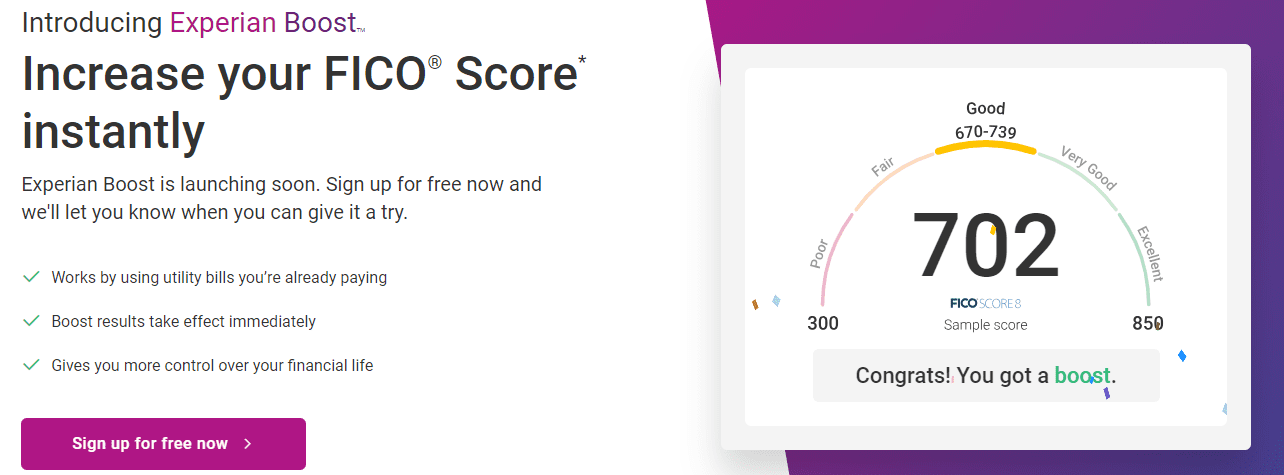I’m pretty late on this news (to be fair I was travelling for work at the time), but FICO 9 was officially released back in August of 2014. This is the latest credit scoring model released by FICO 9, it’s also the first time they are using a different naming system (previous versions were called FICO 08, FICO 04 & FICO 98. The number corresponds to the year they were released).
What’s Different
There are a few key differences to this new scoring model when compared to FICO 08 (which almost all lenders have transitioned to). Let’s have a look at these below:
- Medical & non-medical collections/late payments will be treated differently. This most stems from pressure from the CFPB and the fact that generally unpaid medical collections are not a good indicator of credit risk. This is because consumers don’t really have any choice when they are ill, they have to seek treatment even if they know they will be unable to pay the resulting fees. This is one of those rare double wins, it’s a better outcome for consumers (this will give them access to credit when they otherwise wouldn’t have been able to) and financial institutions (this will allow them to lend to more people without increasing their delinquency rates). FICO has estimated for consumers where medical debt is their only major negative item their FICO score will increase by 25 points on average.
- Better risk assessment for people with thin credit files. I’ll explain this using a quote from FICO “instead of classifying a consumer as someone who paid or didn’t pay her bills in absolute terms, the various degrees of the consumer’s payment history have been quantified. The end result is a score with an improved ability to assess the risk of thin files.” It’s kind of perplexing that they would classify in absolute terms to begin with, but this should mean that those with thin credit files should find it easier to get access to credit. This is often why you see lenders refusing to extend credit to people unless they have two years history, it’s because FICO hasn’t been able to do a good job of identifying risk when there is limited information available.
Why These Changes Don’t Actually Matter
The product life cycle for FICO scores are ridiculously long and that’s mostly because financial institutions are risk adverse. When a new score is released there is some element of risk in using that new model, they know that the old model can be trusted because they have millions of data points that show it was able to predict with some level of certainty each individual consumers credit risk.
When a new scoring model is introduced they cannot be as certain that it will perform as well (yes, they can and do compare it using past data). They always take a slowly slowly approach to adopting a new model (it also requires a lot of red tape and changes to internal systems as well as negotiating rates with FICO).
To give you some idea, only recent did the majority of lenders move from FICO 04 to FICO 08 and FICO 08 has been out for roughly 6 years. If that same time line hold trues, you can expect the majority of financial institutions to move onto FICO 09 by 2021.
I sincerely hope that change is made sooner because of how medical debt is dealt with, but I certainly won’t be holding my breathe. You can find out how to view your FICO score for free here, although it’s not possible to see your FICO 9 score for free yet. If you want to learn more about how these scores are calculated, I’d recommend reading this.







Not to be an ahole, there seems to be a push by liberals, including this administration, to ‘bury’ some people mistakes. Employers shouldn’t know if an applicant had troubles with the law and so the felony question is forbidden. Insurers can’t ‘redline’, so now a credit score might be use to determine the cost of auto insurance. Locally, there even an effort to go easy on minor lawbreakers, especially in traffic court, except the defendants almost always gave a law enforcement officer a reason and frequently a failure to show proof of insurance must be address in court. Finally, information for the courts in my state can be searched on line and hardly anyone appears in civil court to answer why the hospital and doctor bills are going unpaid.
Early analysis from the first organization in the nation to launch FICO 9:
http://www.enhancedonlinenews.com/news/eon/20141202006799/en/SubscriberWise/FICO-9/TransUnion
Earlier, there was speculation that the new model would treat open and closed accounts differently.
That would matter to people who open many accounts, then close them around the time of the AF.
I take it that this did not happen?